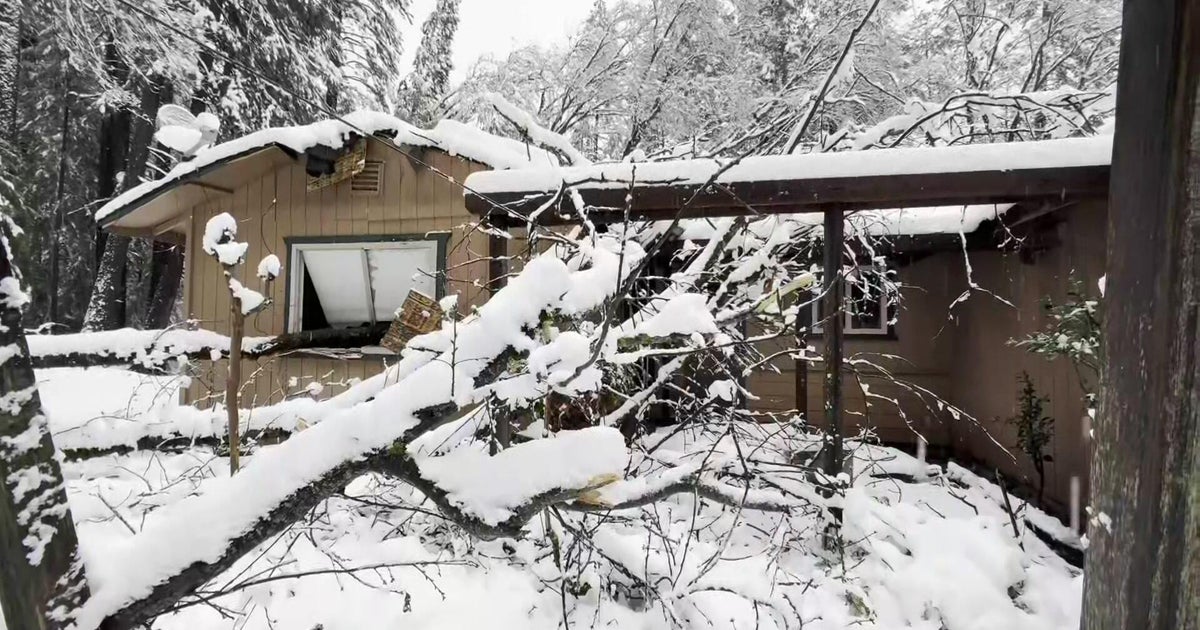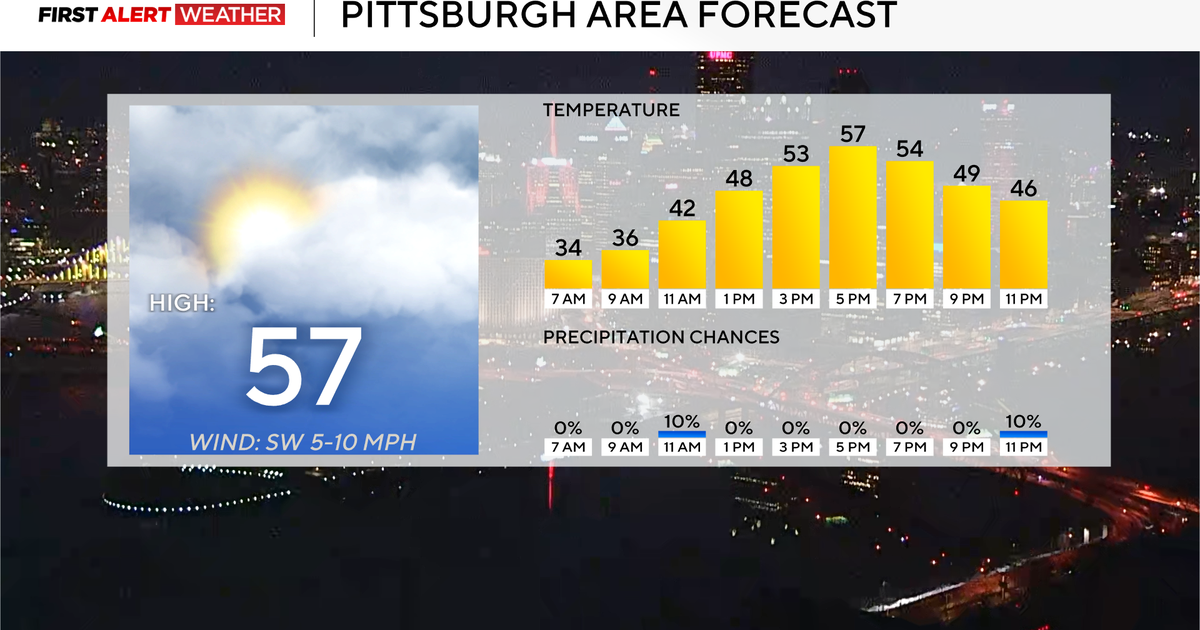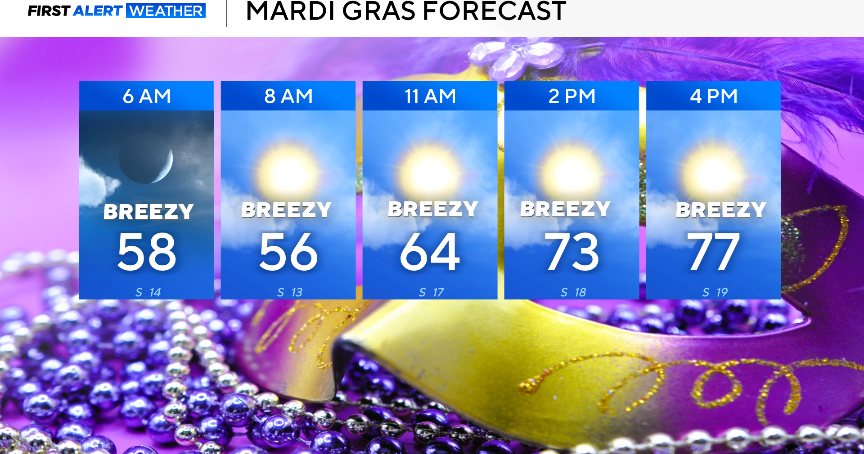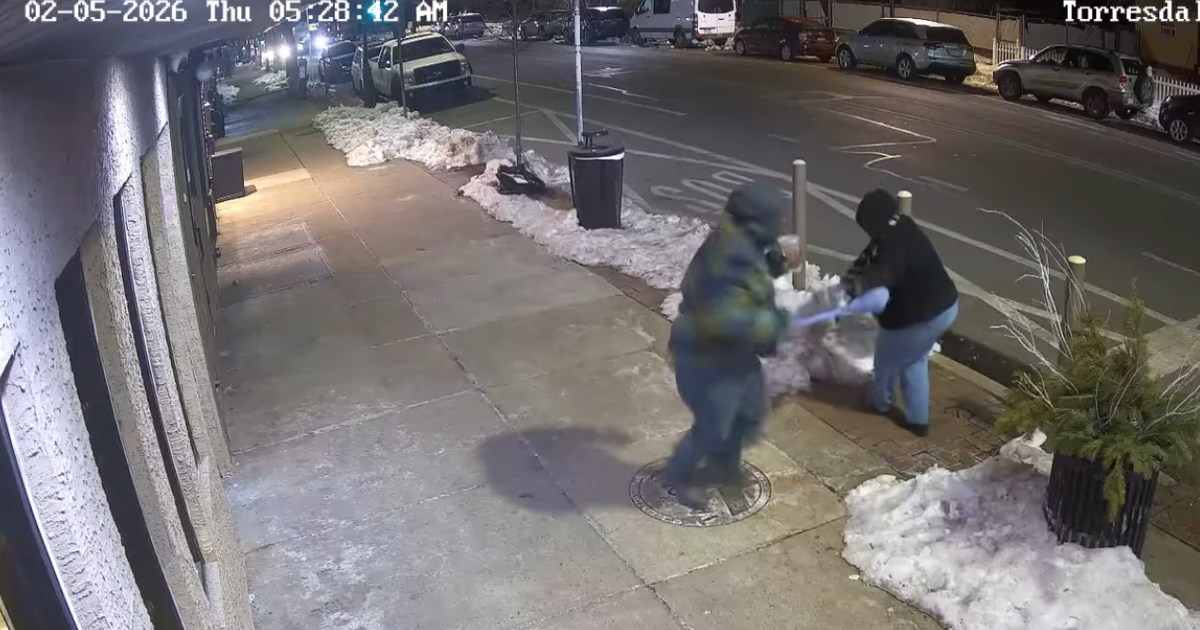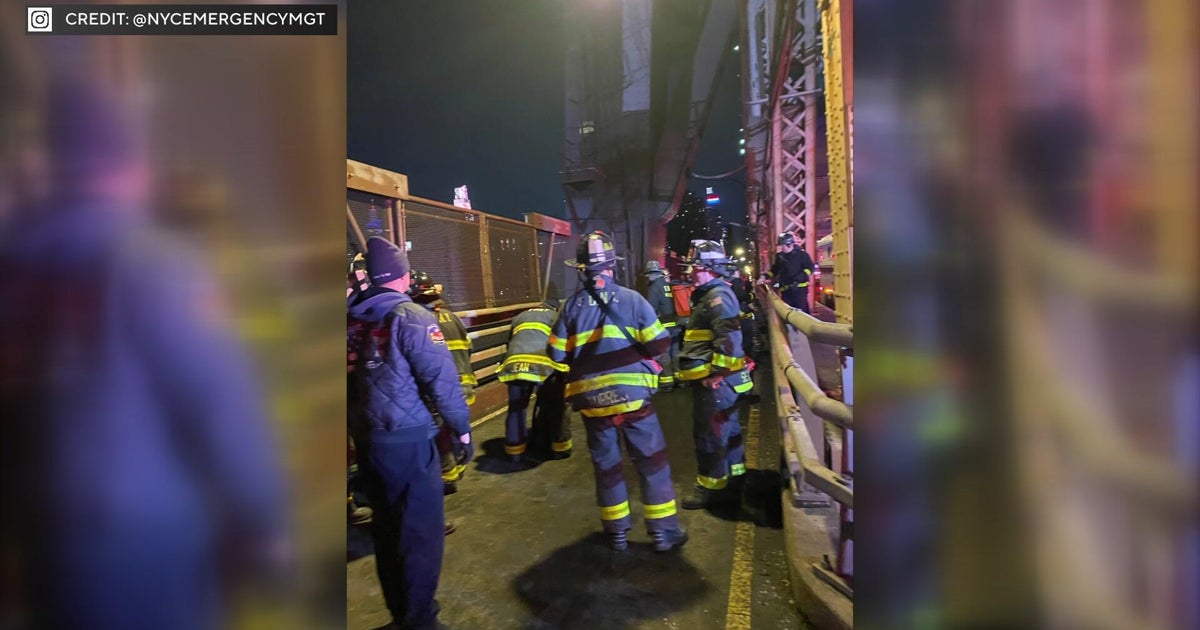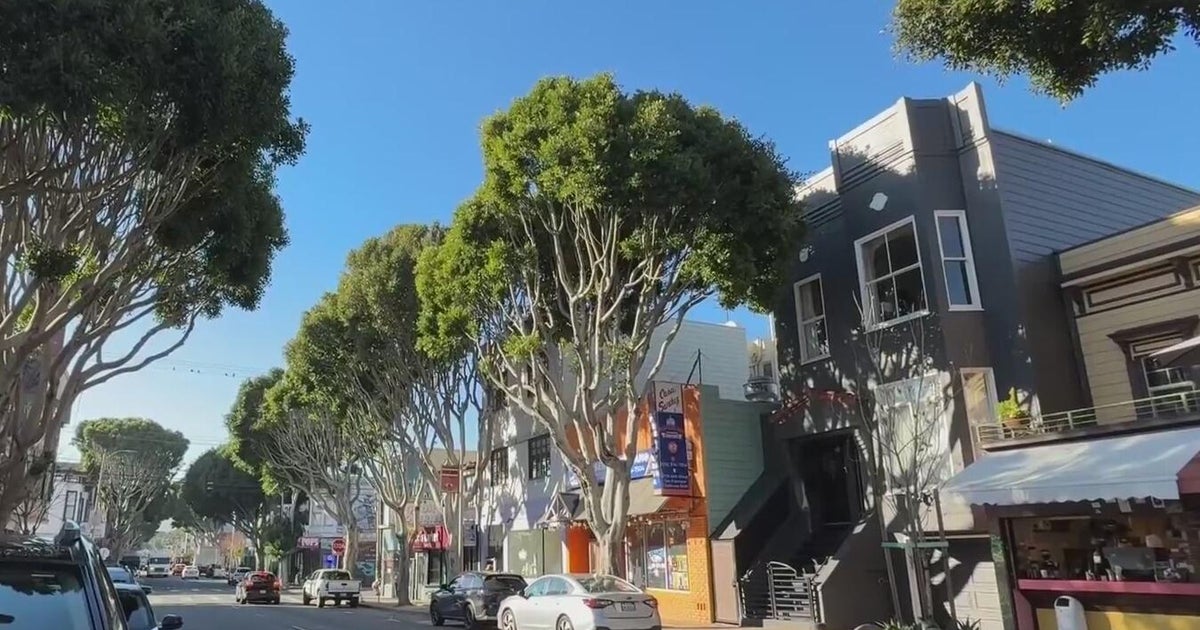Fall Foliage Watch: Scientists Say Climate Change Is Doing A Number On The Northeast
NEW YORK (CBSNewYork) -- Fall, an iconic season to the Northeast, is changing because of our warming world, and some of the most significant changes will be noticeable in your backyard.
Spooky and sweet costumes took over streets and sidewalks in celebration of Halloween and pumpkin spice everything are quintessential fall favorites that climate change can't, well, change, but some other favorite things are being altered.
"I love the cool weather," said James Valenti of the Upper East Side.
"The crisp air," Bushwick's Cameron Andersen said.
"The beautiful leaves, and we haven't seen to many of them here," added Lanette Dachs of the Upper West Side.
CBS2's Vanessa Murdock spoke to Jason Smerdon, a research professor at the Lamont-Doherty Earth Observatory about the changes.
"Fall is getting wetter and getting warmer," Smerdon said. "On average, we're about 2 degrees warmer than we were at the beginning of the 20th century in the Northeast and we're at about 10% more precipitation."
Smerdon said warmer weather plays into the appearances of fall foliage. Leaves stay green longer now than they did back in the 1980s and '90s, adding color change happens one to two weeks later, and colors may be muted, as Murdock's colleagues noted on a trip to the Catskills over the weekend.
"We're not getting the same diurnal temperature conditions that we need to get those really clear, crisp, bright colors," said Benjamin Cook of the NASA Goddard Institute for Space Studies.
READ MORE: Fall Foliage NYC: Scenic Spots For Autumn Leaves In The Tri-State
Cook added first freezes are happening later, and this affects pests, like bloodsuckers mosquitos and ticks.
The average first freeze across the New Jersey ranges, but the majority of the state feels the chill in mid-October.
There have been no New Jersey freezes thus far, according to state climatologist Dr. Dave Robinson, who added, "The longer we have these frost-free conditions, then the more active they can be, the more they can reproduce and the more they can bug us."
READ MORE: Fall Foliage: 5 Best East Coast Destinations To Catch The Colors
Allergy sufferers will sniffle and sneeze longer, and the growing season gets extended.
"The plants can be more active in producing pollen for much, much longer time periods," Robinson said.
He added if ragweed really gets to you, "We're seeing more intense ragweed loads in fall, longer seasons, which means more misery."
Enough of the not-so-great news. Let's bring it back to the good stuff. The sure bets of the season remain pumpkin spice everything and creative costumes galore.
